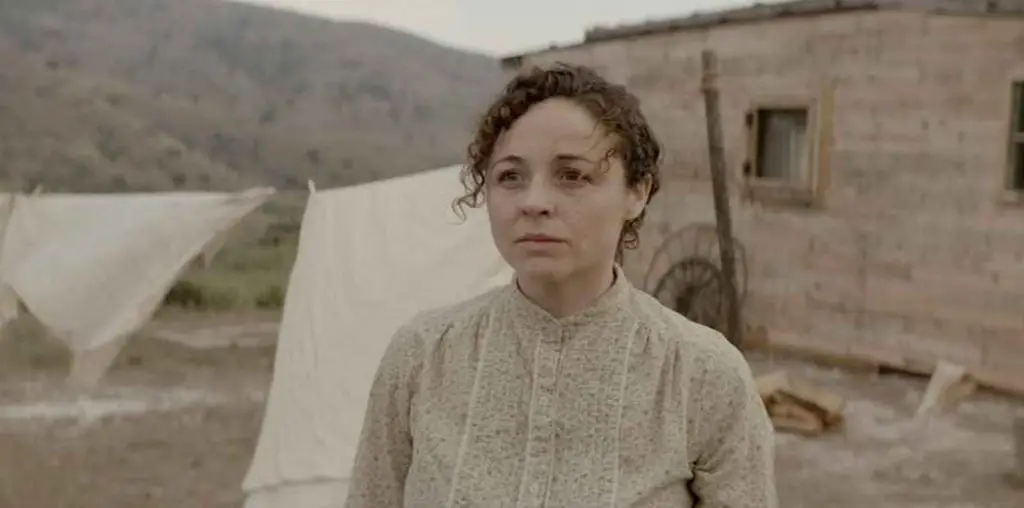
Unavailable for many years, Peter Hall’s 1968 film adaptation of “A Midsummer’s Night Dream” will be tonic for those who love great British acting. The cast alone is enough to warrant attention: the Royal Shakespeare Company featuring Helen Mirren as Hermia, Diana Rigg as Helena, Judi Dench as Titania, Ian Holm as Puck, David Warner as Lysander, Michael Jayston as Demetrius, Ian Richardson as Oberon and Bill Travers as Snout.
Yet this film is a very curious affair. It was obviously shot on a very low budget, and that may explain why it was overlooked in 1968 in favor of the opulent “Romeo and Juliet”(the film played theatrically in England but went straight to American television without any cinema screenings in 1969. The film is also reflective of the fashion sense of the time (women wearing go-go boots, men in Beatles’ haircuts), and the Richard Lester-inspired filmmaking (handheld camera, jumpcuts, frenetic editing) only serves to date the production immediately. There is also the weird decision to make the faeries green-skinned with pointed ears – they look as if they wandered in from “Santa Claus Conquers the Martians.”
But ultimately, Shakespeare’s airy romantic comic text just doesn’t lend itself to a leap from stage to screen. If anyone’s seen this play on the stage, it is impossible not to get swept up with the delightfully silly twists and turns of the misguided lovers who brave magical spells and sneering elders to find their hearts’ desire. But not unlike the sumptuous 1936 Warner Bros. version, the romantic entanglements seem forced and contrived when magnified by the camera. What should be fluffy feels flat instead, and in this case it is not helped when some of the great cast are wrong for their parts (Diana Rigg is too intelligent and self-assured to be a convincing Helena while David Warner is too damn creepy to be the romantic lead Lysander).
The young and sexy Judi Dench, however, runs around nearly naked – she covered in green bodypaint with floral pasties. As they used to say in the old days, hubba hubba!
This is no classic, but for Shakespeare completists and Union Jack-waving Anglophiles this is worth seeking out for rediscovery.
